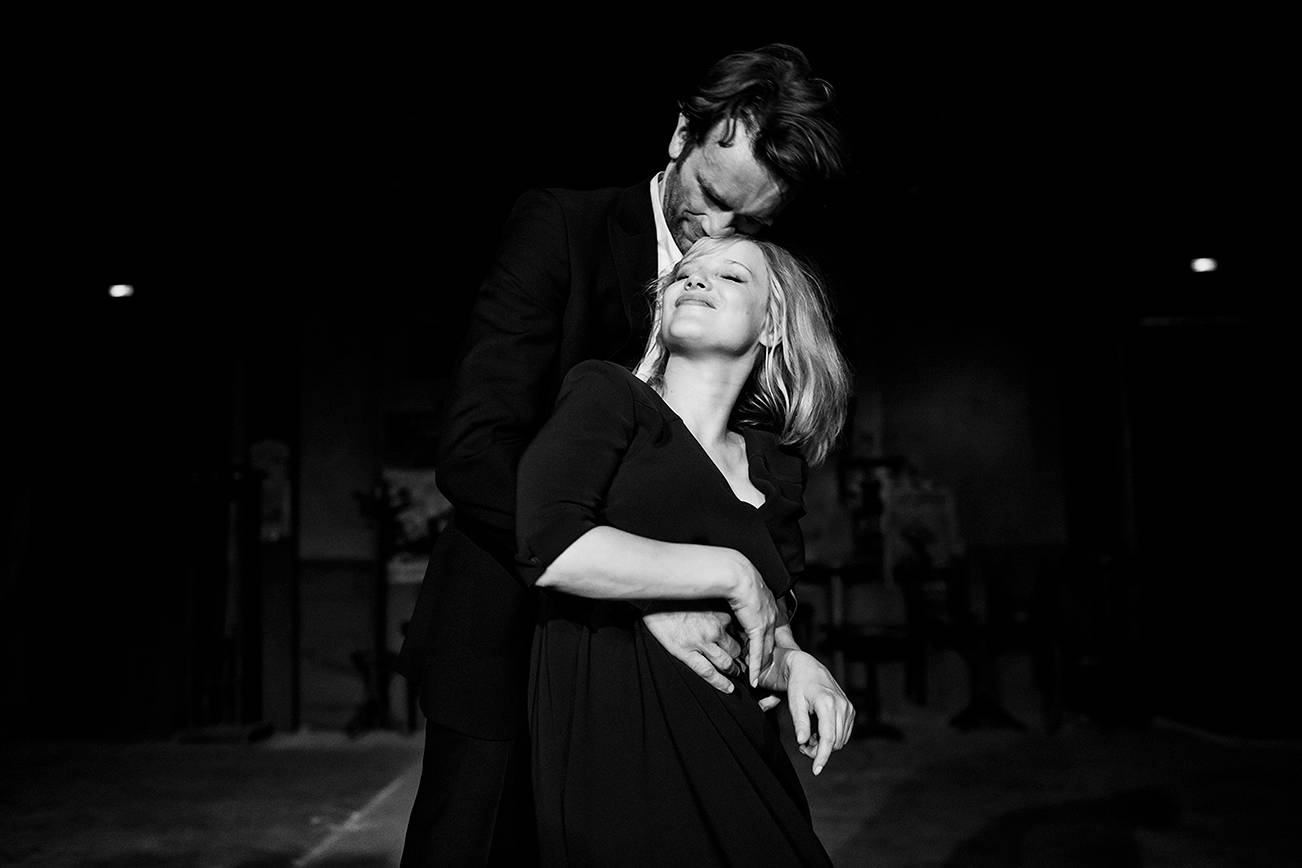I saw Cold War last summer at a film festival in Ukraine, where I was on an awards jury. When it concluded, I stood up and declared aloud to no one in particular, “We have just seen the winner of the next Best Foreign Language Film Oscar.”
Of course I didn’t actually do that. Who am I to stand up and make pronouncements in English in a Ukrainian movie theater? (But I did mutter it to myself.)
Cold War has all the attributes of a classic Oscar-winner in that category: It’s accessible; it’s serious but also deeply romantic; it’s got political overtones; and it’s gorgeous to look at. The only problem with my prediction is that I didn’t anticipate the arrival of Roma, a knockout that’s been winning critics’ awards by the handful. One pronouncement I will make to no one in particular is that Roma stands a good chance of becoming the first movie to win both Best Foreign Language Film and the biggest prize of all, Best Picture.
Nevertheless: See Cold War. This arresting Polish film tracks a tumultuous romance that hopscotches across Europe after World War II, beginning in Poland in 1949. A musician named Wiktor (lanky, cool Tomasz Kot) travels through the countryside searching for authentic Polish folk music. He meets the wildly talented Zula (Joanna Kulig), and brings her into his folk troupe. Over the years, the simmering attraction between Wiktor and Zula is at the mercy of the shifting whims of Poland’s Communist overlords, who are less interested in artistic expression than in glorifying government programs. Borys Szyc is excellent at a Soviet flunky who wonders why Wiktor can’t create more song-and-dance numbers about tractors and Five-Year economic plans.
Writer/director Pawel Pawlikowski (who already has a Best Foreign Language Film Oscar for 2014’s compelling Ida) arranges the film in brief, crisp pieces; the story covers a huge amount of geographical and emotional territory while clocking in at under 90 minutes. Wiktor and Zula are repeatedly separated by politics — he plays jazz in Paris, she tours as a star singer behind the Iron Curtain — but their connection remains strong, and slightly mad. Along with the off-center black-and-white cinematography, Pawlikoski’s most effective tool here is the way music provides the pulse of the story. From folk to classical to brand-new rock and roll, music underlies everything. Music is how Wiktor and Zula find meaning in each other — it’s their voice just as much as the dialogue is (if you’ve thought there was no new way to energize the old Bill Haley chestnut “Rock Around the Clock,” prepare to have your nerve endings electrified). When the music stops, so does their reason for being.
The film’s controlled style is almost too tidy at times, but the music and the actors keep it alive and kicking. Kot is every inch the European intellectual, like a road-company version of Daniel Day-Lewis, and Kulig is an explosive presence — she wields attitude like an ice pick. Instead of making a generalized statement about the tragedy of the Cold War, Pawlikowski roots that tragedy in two specific and vital characters. By the end, their story has become a kind of modern folklore, like the music that brought them together in the first place.
Cold War
Opens Friday, January 18 | SIFF Cinema Egyptian | siff.net | Rated R






